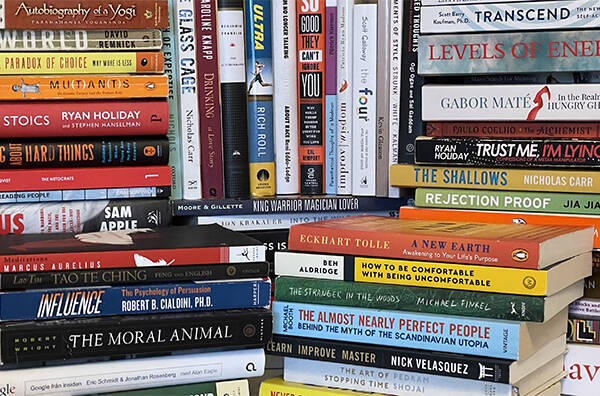“If one does not know to which port one is sailing no wind is favorable.” – Seneca
Do you have a philosophy of life? If not, then the Stoics can provide a great foundation for you to build upon. A philosophy of life can protect us from the whims, vices, and “flavor of the day”-type of living often favored by the masses—-and ‘without one nobody can lead a life free from fear and worry’.
—- About the book—-
The book is compiled of letters of correspondence between the stoic philosopher Seneca and his friend Lucilius. It contains intimate conversations on a wide variety of topics; how to live the good life, friendship, old age, simple living, grief, and how to deal with hardships.
What strikes me with Seneca’s writing is how clear and powerful it is. It’s also charming in the way he combines wisdom of old age and youthful enthusiasm.
—— Voluntary Discomfort—-
“Set aside now and then a number of days during which you will be content with the plainest of food, and very little of it, and with rough, coarse clothing, and ask yourself, “is this what one used to dread?’ It is in times of security that the spirit should be preparing itself to deal with difficult times…”
By depriving ourselves of basic comforts we can prepare for tough times, learn to appreciate what we have, and eliminate irrational fears.
This concept is commonly known as Voluntary Discomfort, a subject I’m very passionate about and in fact I made an article and video about books that cover this concept in different ways.
—- Impermanence & Negative Visualization—-
Negative Visualization is the habit of from time to imagining horrible things happening, to ourselves and our loved ones, in order to prepare the spirit for adversity.
This might sound masochistic but there are good reasons for this practice. It’s to prepare us emotionally for the challenges life throws our way.
In my favorite letter from the book Seneca talks about the impermanence of the world. His friend has seen his whole city burn to the ground in a single day. Seneca admits that even though, as a stoic, we are taught to practice Negative Visualization we often ignored Black Swans*. Terrible things that happen are often unprecedented in scale and intensity, and our practice could leave us unprepared for the devastation of such an event. We need to imagine unlikely, yet plausible, events of absolute annihilation of everything and everyone we hold dear to prepare emotionally for would it actually happen. By doing this we are not surprised and too overcome by emotion. We can then act virtuously in dire times.
*black swan events are unprecedented and unexpected events.
⭐️ TAKEAWAY:
Adversity and suffering is part of nature and in order to live in accordance with nature we will have to accept this fact. Preparing for adversity in good times is one of the best ways to keep a cool head when it’s most needed— for yourself and those who depend on you.
⚖️ VERDICT:
I owe a lot to the stoics and I’m glad I finally read this book. While some letters were irrelevant to me (I.e rants about the use of excessive language), the bulk of the book is filled with timeless life lessons.
Emerson urged us to “create our own Bible” where we collect the words of wise people that touched our souls and to use it as a guide and inspiration. If I made a book like that then Seneca would be mentioned more than ones!
⭐️ ⭐️ ⭐️ ⭐️ out of 5
📚 Further Reading:
If you like this Letter From a Stoic you will most likely enjoy these other books:
- A Guide to the Good Life – William B. Irvine – Review
Courage under fire – James Stockdale – Review - Mediations – Marcus Aurelius
- How to Control the Uncontrollable – Ben Aldrige
- Stoic Cop – Bill Mauro
- The Daily Stoic – Ryan Holiday
- Enchiridion – Epictetus
- A Man in Full – Tom Wolfe (Article: The Stoicism of a Man in Full)
- On the Shortness of Life – Seneca (review)
- Stillness is the key – Ryan Holiday
- Stoicism and the Art of happiness – Donald Robertson (review)
Find more great reads on my book reviews page and the Great Books List
Video Reviews every week on YouTube




